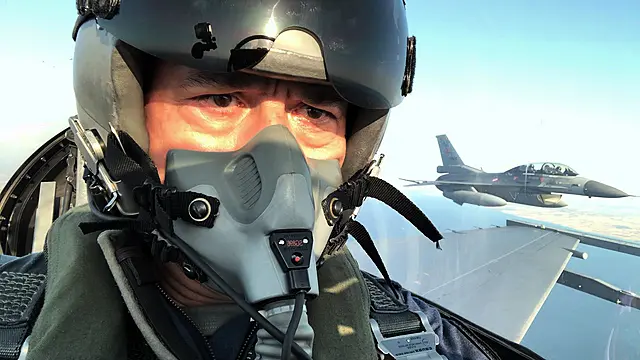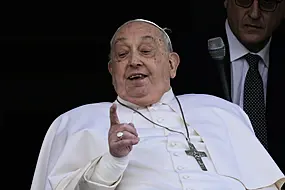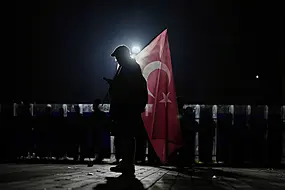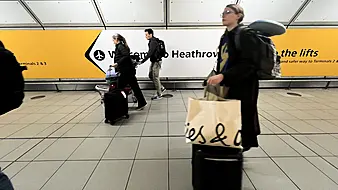In a statement posted on the alliance’s website, Mr Stoltenberg said he had spoken to the Turkish and Greek leaders, whose countries have been locked in a tense stand-off over oil and gas exploration rights in the region.
“Greece and Turkey are valued Allies, and Nato is an important platform for consultations on all issues that affect our shared security,” the statement read. “I remain in close touch with all concerned Allies to find a solution to the tensions in the spirit of Nato solidarity.”
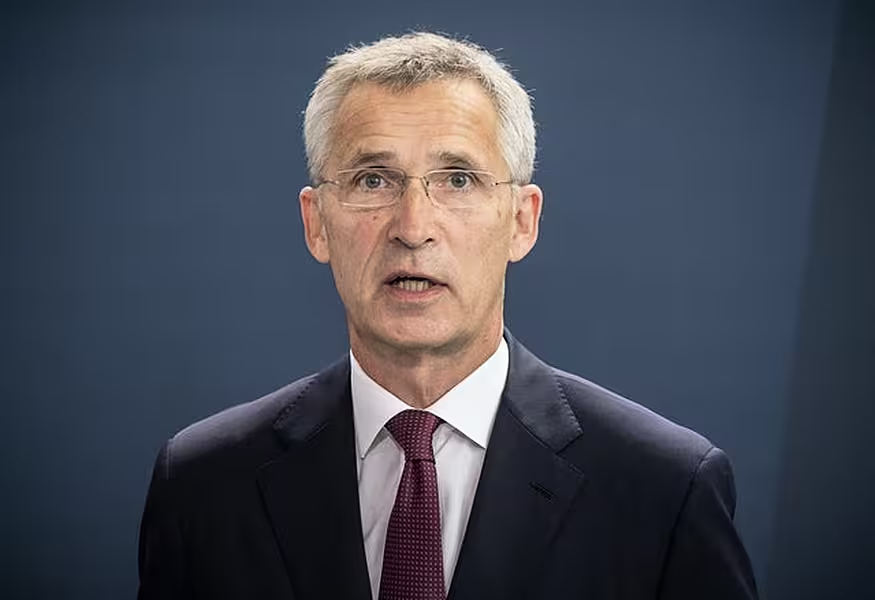
There was no immediate confirmation from Ankara or Athens and it was not immediately clear when the talks would begin.
Turkey announced the Russian exercises in a navigational notice issued on Wednesday that said they would take place on September 8-22 and September 17-25 in areas of the Mediterranean Sea where Turkish research vessels are doing seismic work for oil and gas exploration. Greece says the disputed area is over its continental shelf.
There was no immediate comment from Moscow on the exercises, which Turkey announced after the United States said it was partially lifting a 33-year-old arms embargo against ethnically divided Cyprus. Like Greece, Cyprus has been in a dispute with Turkey over drilling rights in the Mediterranean.
In Athens, Greek government spokesman Stelios Petsas said the planned Russian exercises were being “monitored by all the countries in the region, as well as our Nato allies and European Union partners.”
It is unclear why Nato-member Turkey announced such drills on Russia’s behalf, but the two countries have in recent years significantly strengthened their military, political and economic ties. They are co-ordinating closely on their military presence in Syria, while Turkey has purchased Russia’s advanced S-400 missiles and has broken ground on a Russian-built nuclear power plant on its southern coast.
Cyprus government spokesman Kyriakos Koushos said that Russia notifies Cypriot authorities directly about issuing any navigation notice. He said Cyprus has no issue with Russia and that its only complaint concerns Turkey’s attempts to “take advantage” of the situation.
German Chancellor Angela Merkel and Turkish President Recep Tayyip Erdogan spoke by phone on Thursday. Germany currently holds the European Union’s rotating presidency and has been trying to informally mediate the dispute over eastern Mediterranean drilling.
A statement from Mr Erdogan’s office said the Turkish leader wants an arrangement in which resources are shared “fairly” and complained that Greece, Greek Cypriots, and countries backing the two, were the ones escalating tensions.
